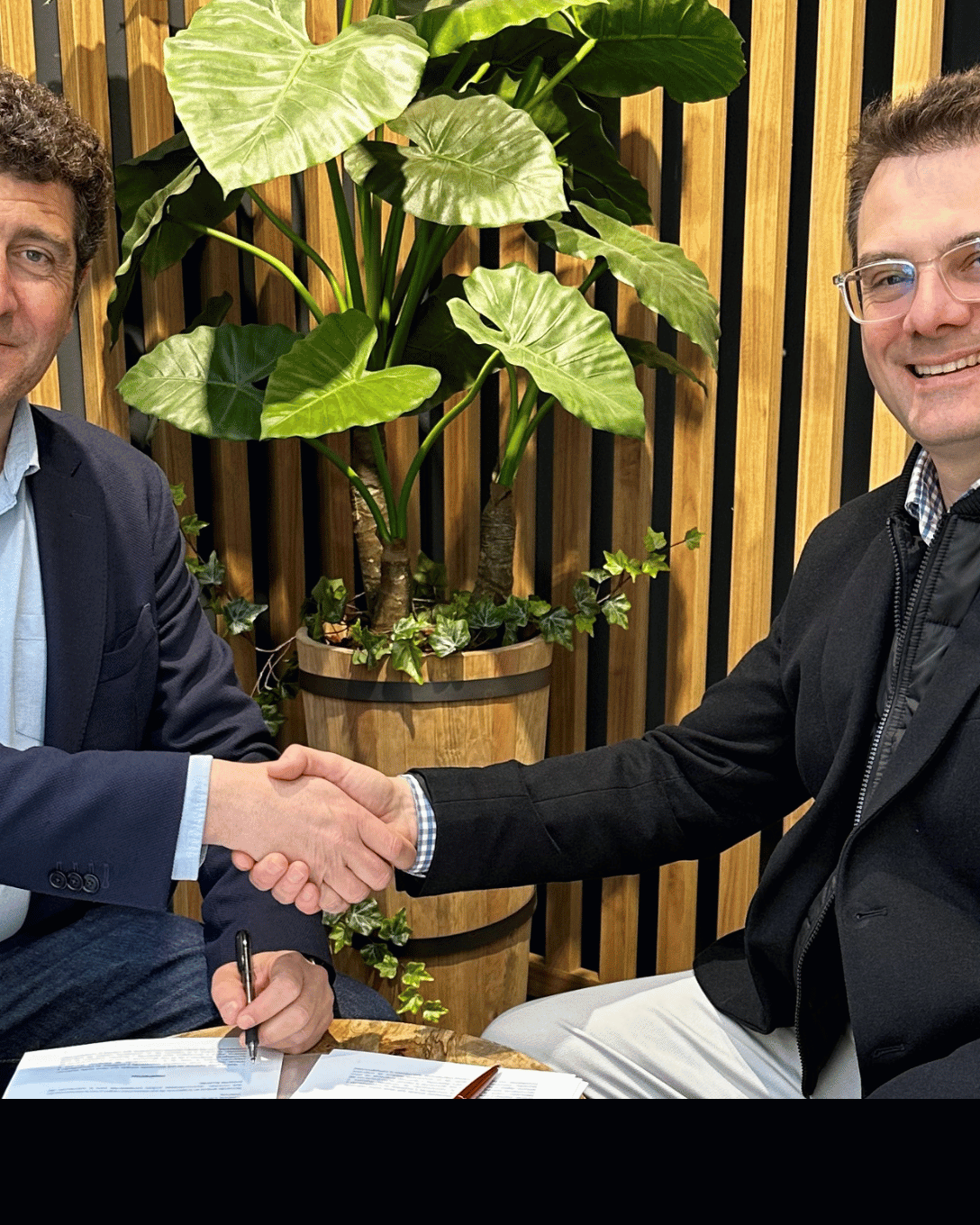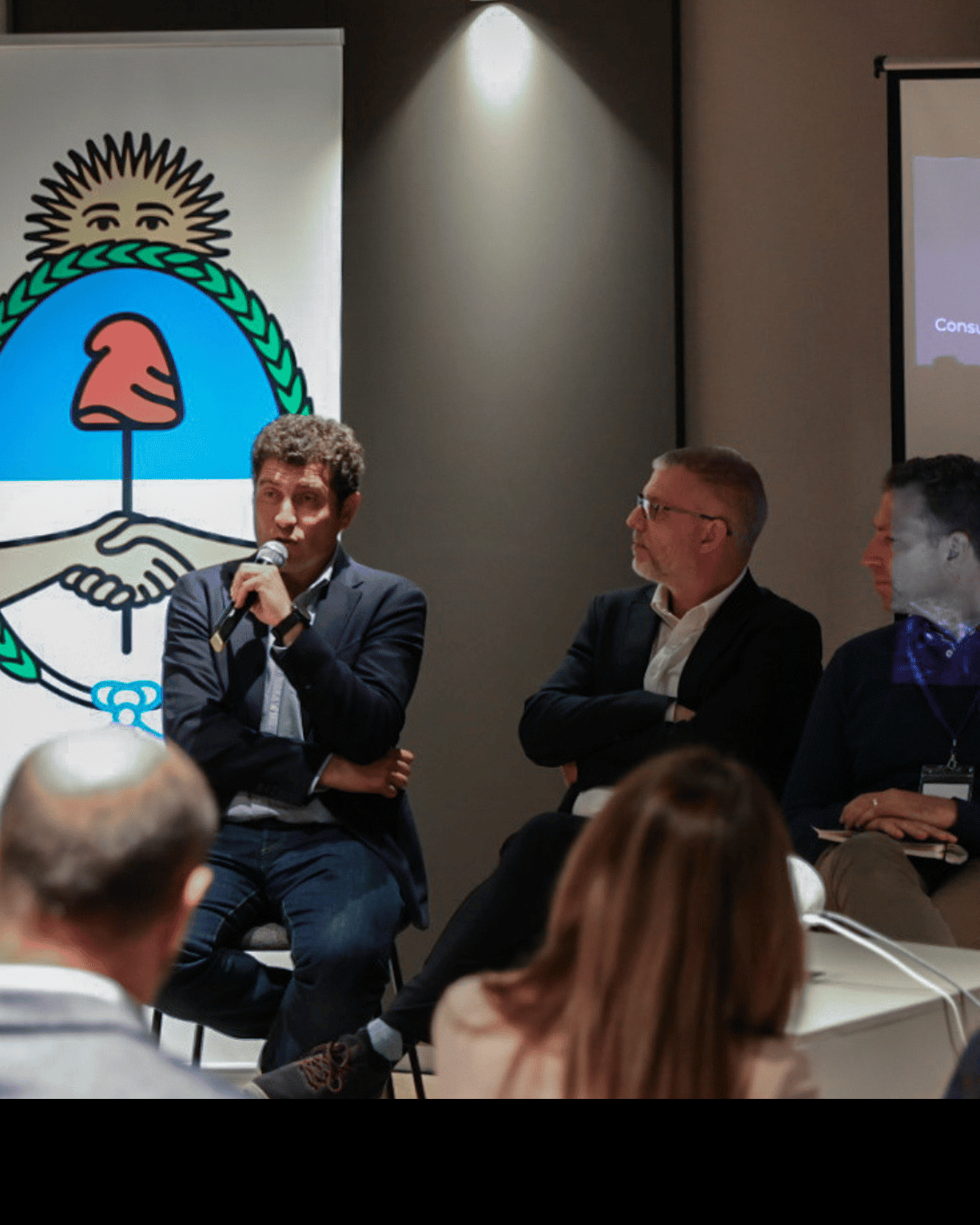Let’s imagine the following situation. On one side of the Atlantic, analysts from the main North American venture capital firms analyse presentations and metrics from different startups that are looking for investment. On this side, the same scenario is taking place between local funds and companies. What criteria do these venture capital firms use to decide which are the best sectors to invest in technology?
The filters that venture capital funds apply on one side and the other correspond to a universal market logic, maximising profits. Even more so in a sector where the mortality of companies is very high and the winners have to make up for those that are left behind.
“We invest in things that, if they work, can become something huge, with a tremendous scalability”, notes Enrique Penichet, co-founder of Draper B1. “We prefer software to hardware, the latter curbs scalability and globalisation”, which would translate into a lower return if the solution were to prosper.
In addition to examples that show they can succeed, weaving a more interconnected entrepreneurial ecosystem which attracts foreign talent and awakens local talent, and has greater access to investment, is key to facilitating more success stories. Particularly if we bear in mind that “Spain is one of the 25 countries in the world with the most doctorates, but the majority of the talent continues to move abroad”, notes Patricia Pastor, director of GoHub.
Invest in the world of the future. Verticals that seduce venture capital
Identified as basic ingredients, it’s time to define which verticals can appear in large quantities and, therefore, maximise the possibilities of return and scalability. “Currently, we focus on solutions linked to blockchain, artificial intelligence, FinTech, DeFi, the so-called ‘passion economy’, and B2B Saas where there are great opportunities still to be taken”, comments Enrique Penichet from Draper B1.
In search of potentially higher profitability, “we also closely follow the world of cryptocurrencies as well as SpaceTech”, this latter niche is of particular interest to the founder of the parent firm Tim Draper. “He says that he invests in technologies that seem like science fiction”, Penichet notes.
Specifically due to the fact there is a permanent structure in the USA, he doesn’t just compare the investment criteria that the different funds may have, but also the material they analyse. In other words, the startups. “In Spain, we see lots of viable projects, that are highly likely to work and that are a good opportunity for entrepreneurs”, but not always for the fund which is looking for a large return.
These are known as ‘copycat’ or ‘me too’ startups. A startup that works in a foreign market and that doesn’t yet have a local presence. “They will find it difficult to be a global leading solution”, states the director of Draper B1. Moreover, we are looking for quite the opposite, “we love people to surprise us and to see things we have never dreamed of”, points out the Valencian investor.
Let’s look at two of his investees. “When we invested in Streamloots, who knew that people would buy virtual objects suggested by their favourite streamers? Or on Easy Virtual Fair, the global leading platform of virtual job fairs…”, ideas that initially seem like ‘science fiction’, but have ended up winning over more investors.
Penichet summarises “We like unique, innovative things that can be leaders in the most competitive market (United States) and, hence, the world”. Although, when it comes to analysing projects, the balance is not tipped towards this type of solution, in fact the ‘copycat’ approach predominates. This is why it is important that Valencian entrepreneurs have role models to take inspiration from as in the case of Flywire.
“We have improved a great deal, but we still need to believe in ourselves a little more that, from here, we can set up something that can be a global and leading solution”, concludes the expert from Draper B1.
Big problems require… great technological solutions. The boom of ‘deeptech’
If funds are looking for ‘innovative, unique solutions that can be leaders in more competitive markets’, ‘deeptech’ companies can be the answer, especially if they focus on solving big social problems, as Patricia Pastor from GoHub points out. “Monitoring consumption, patterns of behaviour, customer management, work relocation, simulation of operations, remote management of infrastructures…”, are some of the examples she cites.
“Artificial intelligence, the internet of things, 5G connectivity, augmented reality, and cyber security encompass the technologies that help us to analyse, predict and make more effective decisions”, in the case of GoHub, for three very specific sectors: “Watertech, Industry 4.0, and Smart Cities”.
This is the ‘science fiction’ that Peter Draper was talking about and about which GoHub comes up with specific ideas such as “solutions that help with the fast detection of natural disasters; unique data capturing via satellite images or the IoT to create better irrigation models; predictive and prescriptive maintenance models in industry 4.0; or smart cities to improve people’s mobility in an efficient way”. Some of these are already present in the portfolio investees of the Valencian accelerator, which include Divirod or Fracttal.

In her analysis of the present time, Pastor points out that “here at GoHub, we see a huge opportunity in connecting top class universities, engineers and scientists with the private sector, but doing so requires a larger investment in companies with low TRLs”, referring to the level of technological readiness of some of these solutions that are still in the experimental phase.
“Many Spanish corporations are leaders in sectors such as energy, pharmaceuticals, agriculture, infrastructure and transport, water… and they understand how tedious it is to work and scale technology. Hence, if we are able to work with these startups, not only will we be able to increase the number of successful deeptechs, but we will also facilitate investment in a sector that requires much more time to scale, invoice and close contracts”, analyses the managing director of GoHub.
“We believe that traditional VCs will start to launch funds together with large corporations or they will want to have more investment opportunities for specific sectors to start to get their foot in the door of deeptech solutions”, she predicts.
Nacho Mas, CEO of Startup Valencia, spoke about this same issue in an article about entrepreneurship published recently in the El País newspaper. “Study centres, large companies and public administrations should take into account that a significant part of the future could be based on innovation and technology with projects and jobs with a high added value”, encouraging all of them to “firmly support the birth of new and disruptive startups as they are doing in other countries”, he concludes.



